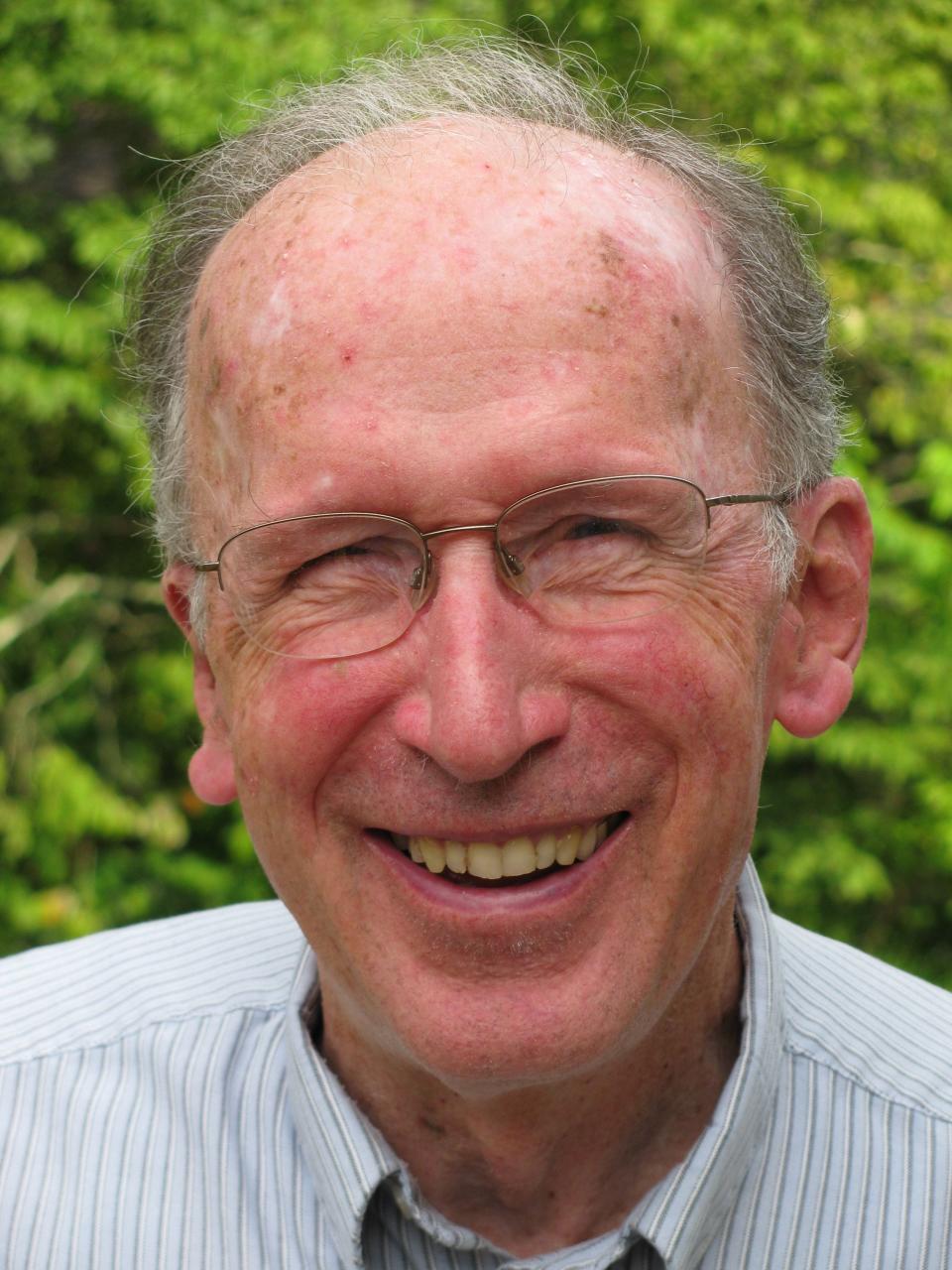Opinion: Social Gospel applies the Bible to social issues, extreme disparities in wealth
- Oops!Something went wrong.Please try again later.
When I read about Shawn Fain and his leadership of the United Auto Workers in their recent strike against the Big 3 automobile manufacturers, it took me back to theological seminary when we read about the Social Gospel that was developed in the late 19th and early 20th centuries. This was mentioned in the story by the Asheville Citizen Times about the strike.
Walter Rauschenbusch (1861-1918), who was a pastor in the German Baptist Church and later taught at Rochester Theological Seminary, authored "Theology of the Social Gospel" (1917). He was particularly influential in establishing ideas of the Social Gospel. We could say that Rauschenbusch and similar writers were reacting to the effects of the Industrial Revolution on society in creating both extreme wealth and large pockets of poverty, seen particularly in the inner-city slums. We saw pictures of these slums and of child labor. I remember that my conservative friends thought that the Social Gospel was a distortion of the Gospel. I believed it was seeking to deal with the social implications of the Gospel.
At any rate, Shawn Fain’s leadership of the UAW strike was noteworthy for his quoting the Bible from Matthew 17 about the effect of faith as a tiny mustard seed in being able to move mountains. The Social Gospel was very much in accord with the labor movement and supported striking as a labor tactic. On the other hand, unions and striking had a bad reputation among many Americans, especially those who were economically well off. Union membership was often spoken of as opposed to American individualism in taking away the power of individuals to decide on their work. However, Shawn Fain, as leader of the UAW, has made the Social Gospel an ally of the labor movement. The strike of the UAW certainly had a very good effect in the lives of auto workers and workers in related industries.
It is true that some Christian leaders have supported striking laborers. Martin Luther King Jr. was supporting striking garbage workers in Memphis when he was shot. Other recent Christian leaders supporting the labor movement include Bishop William Barber, Sen. Raphael Warnock and several Christian scholars such as Matthew Desmond, Christopher Evans, Liz Theoharis and Heath Carter. These represent allies of the labor movement and unions, but are far from typical.
From a sociological perspective the Social Gospel may be seen as an application of the Bible to social issues since there is much in the Bible about relieving the suffering of the poor and warning of the danger of riches. Most have heard the statement of Jesus that it is harder for a rich man to enter the kingdom of God than for a camel to go through the eye of a needle. The warnings of James, believed by many to be the brother of Jesus and head of the church in Jerusalem, are particularly stark: “Come now, you rich people, weep and wail for the miseries that are coming to you … Listen! The wages of the laborers who mowed your fields, which you kept back by fraud, cry out, and the cries of the harvester have reached the ears of the Lord of hosts.” (See James 5:1-6).
My point, speaking as a sociologist, is that much of Christianity has not kept a balance of the Bible’s teachings to include an emphasis on the injustice of those who are comfortable in life alongside the poor they ignore. The Social Gospel seeks to correct this imbalance. It is hard to imagine that the enormous differences in wealth created in the world today would not be condemned in the Bible.
Why do we not see and hear more leaders like Shawn Fain in the churches, who support labor organizing, unions, and even lead strikes, but also quote the Bible? Why are not more questions raised in churches about the present extreme disparities in wealth and in incomes? Secular social science (like all science) examines all sections of society and seeks to understand why various attitudes and opinions are formed. A basic observation of the social sciences is that all views and opinions, including religious ones, are influenced by people’s social position. This points to the importance of freedom of speech and religion in which various sectors of society, including both religious and non-religious groups, influence the directions in which they believe society should move to benefit the most people.
More: Opinion: 'Of the people, by the people, and for the people' should be ideal government
More: Opinion: US Constitution established religious freedom; we can't use it to wage war

Rev. Robert L. Montgomery, Ph.D., lives in Black Mountain.
This article originally appeared on Asheville Citizen Times: Opinion: Christianity should heed Bible teachings to help the poor

